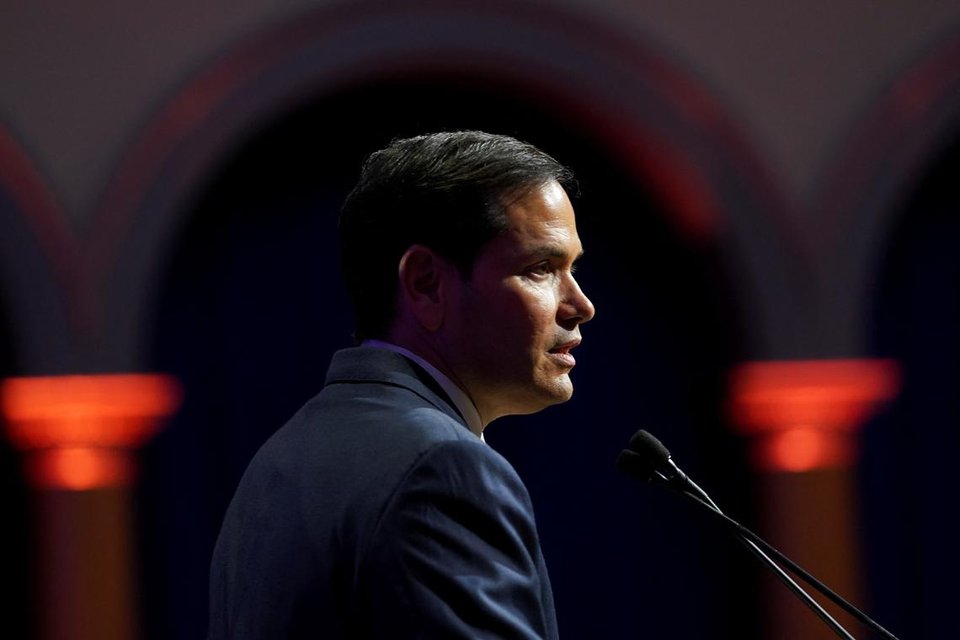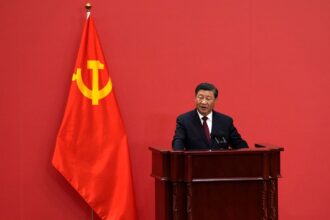
US Secretary of State Marco Rubio has urged China to intervene and dissuade Iran from shutting down the Strait of Hormuz, a critical global maritime route.His appeal followed reports from Iran’s state-run Press TV that the country’s parliament had backed a proposal to close the Strait, though the final decision rests with the Supreme National Security Council.
Any interference with oil shipments through the Strait would have serious repercussions for the global economy. China, as the top importer of Iranian oil, maintains strong ties with Tehran and stands to be significantly affected.Oil prices surged after US airstrikes targeted Iranian nuclear facilities, with Brent crude reaching its highest price in five months.
“I urge the Chinese government to contact Iran, because they rely heavily on oil passing through the Strait of Hormuz,” Rubio said during a Fox News interview on Sunday. “If they go ahead with the closure, it would be economic suicide for them. While we have our own response options, other nations should be equally concerned—it would impact their economies even more than ours.”
Roughly one-fifth of the world’s oil supply moves through the Strait of Hormuz, a vital corridor for Middle Eastern energy exports.Any disruption there could trigger a sharp spike in global oil prices. When markets opened on Monday, Brent briefly climbed to \$81.40 a barrel before settling back to \$78, marking a 1.4% increase for the day.
“The US has now positioned a robust military presence in the region to prepare for any retaliatory actions by Iran. But the risk for oil markets is that the conflict could escalate much further,” said Saul Kavonic, head of energy research at MST Financial.
Crude oil prices influence everything from transportation costs to food prices, making any surge impactful on daily living expenses worldwide. China, in particular, imported more than 1.8 million barrels per day from Iran last month, according to ship tracking data from Vortexa.
Other key Asian nations—India, Japan, and South Korea—also depend heavily on oil shipments passing through the Strait.Energy expert Vandana Hari noted that Iran has little to gain and much to lose by pursuing a closure.
“Such a move would alienate its Gulf neighbors and anger China, its most important oil customer, by disrupting a crucial trade route,” Hari told BBC News. The US became more deeply involved in the Iran-Israel conflict over the weekend, with President Donald Trump announcing that US strikes had “obliterated” critical Iranian nuclear infrastructure.
The extent of the damage remains unclear. The UN’s nuclear oversight agency reported it could not verify the condition of Iran’s Fordo underground facility, which Tehran claims sustained only minor damage.Trump warned Tehran of “far worse” consequences if it fails to halt its nuclear ambitions.Meanwhile, Beijing criticized the US strikes, saying they had weakened Washington’s credibility and urged all parties to pursue de-escalation.
China’s UN envoy, Fu Cong, called for restraint, stating that parties should avoid “the impulse of force and adding fuel to the fire,” according to a report by CCTV. An editorial in the state-run Global Times echoed that view, arguing that US actions had further destabilized the Middle East and were pushing the conflict toward an uncontrollable stage.
Source : https://www.bbc.com/








